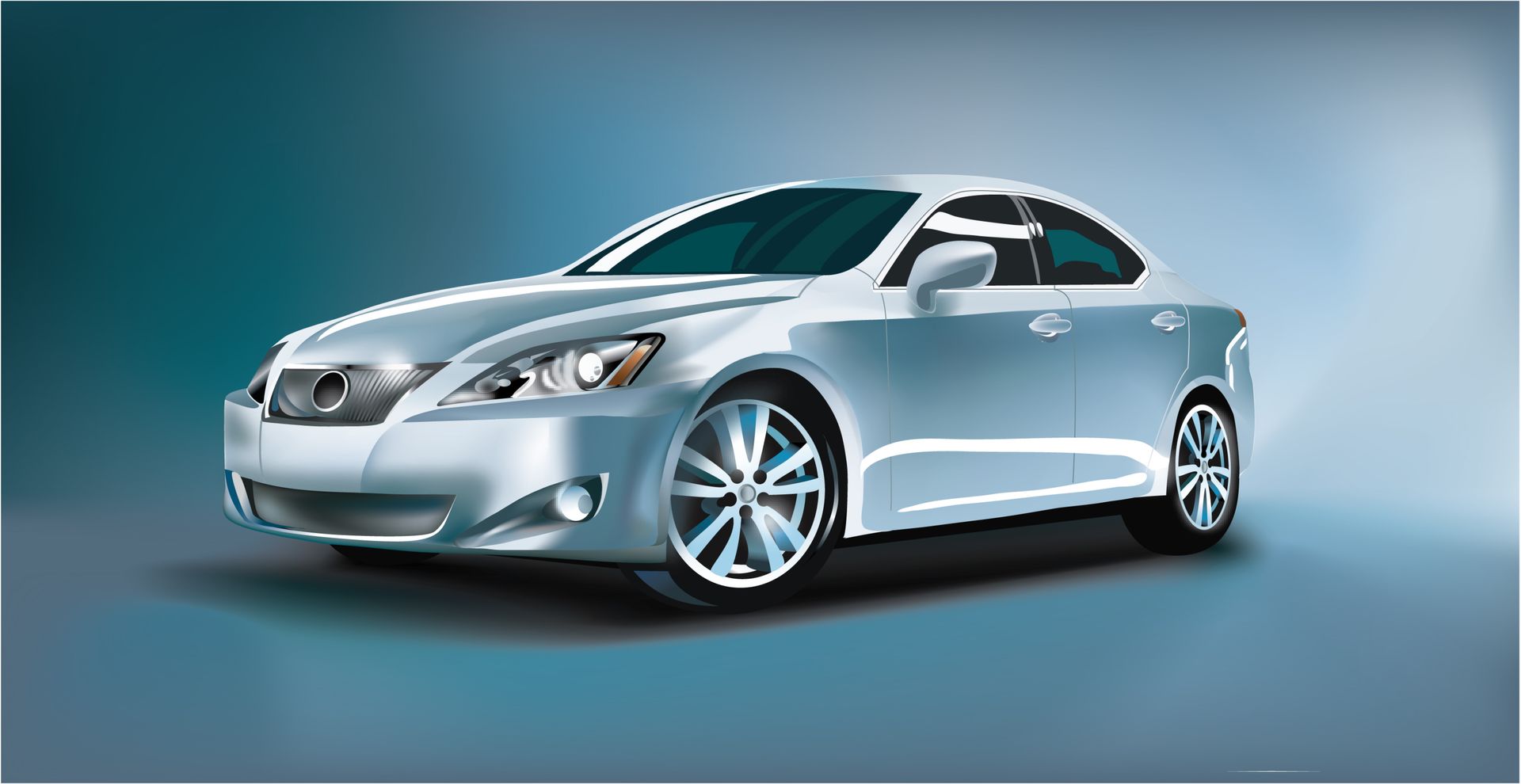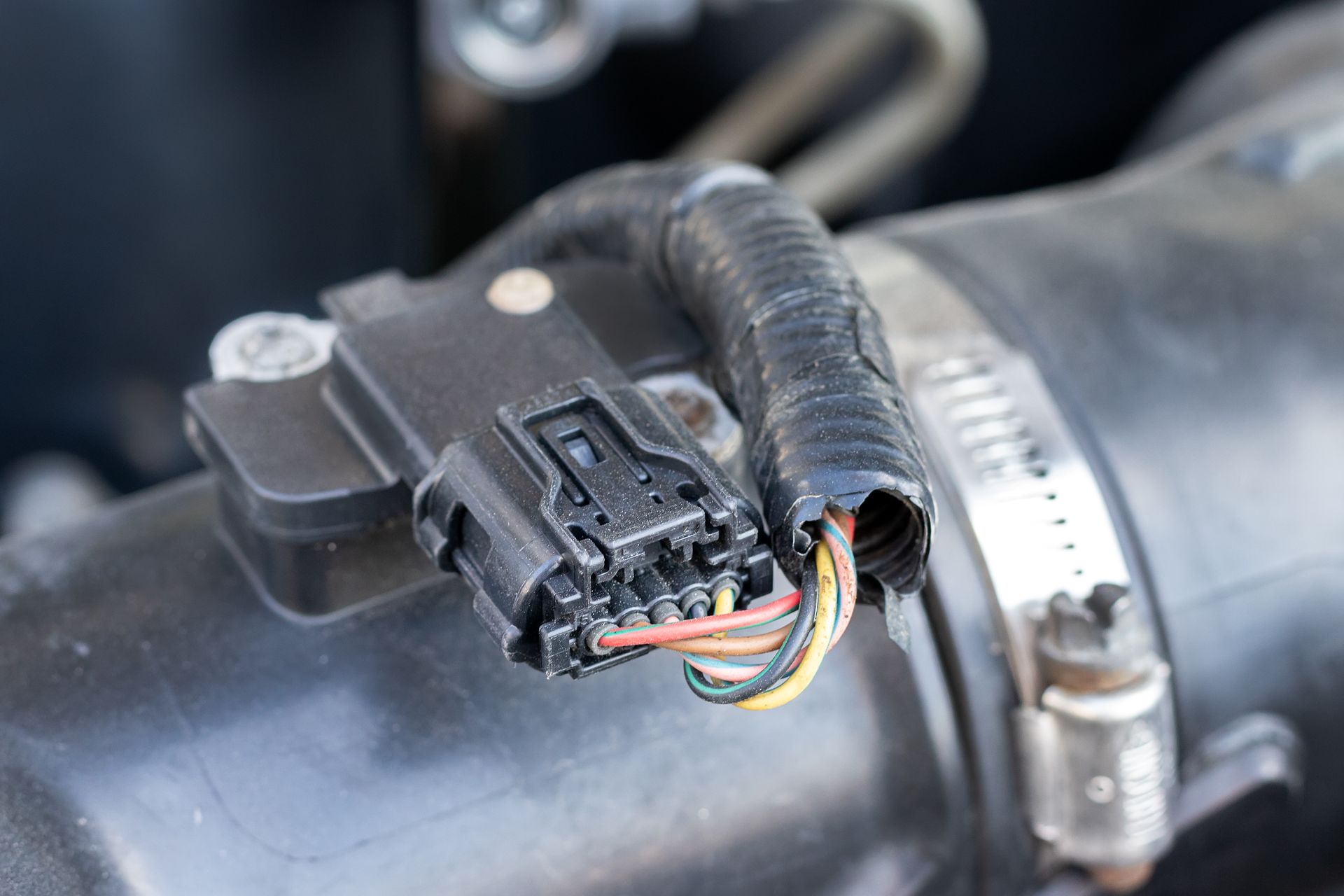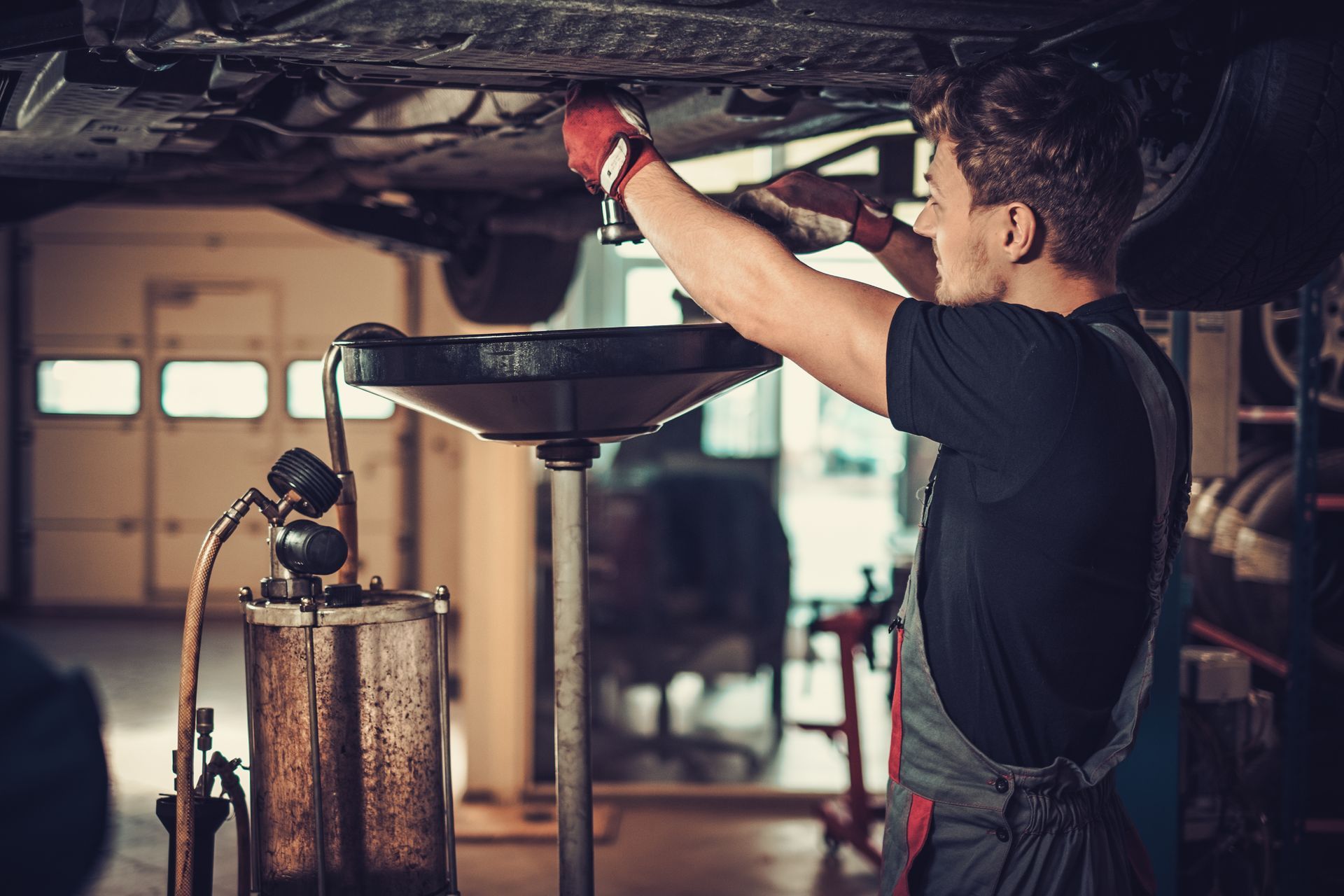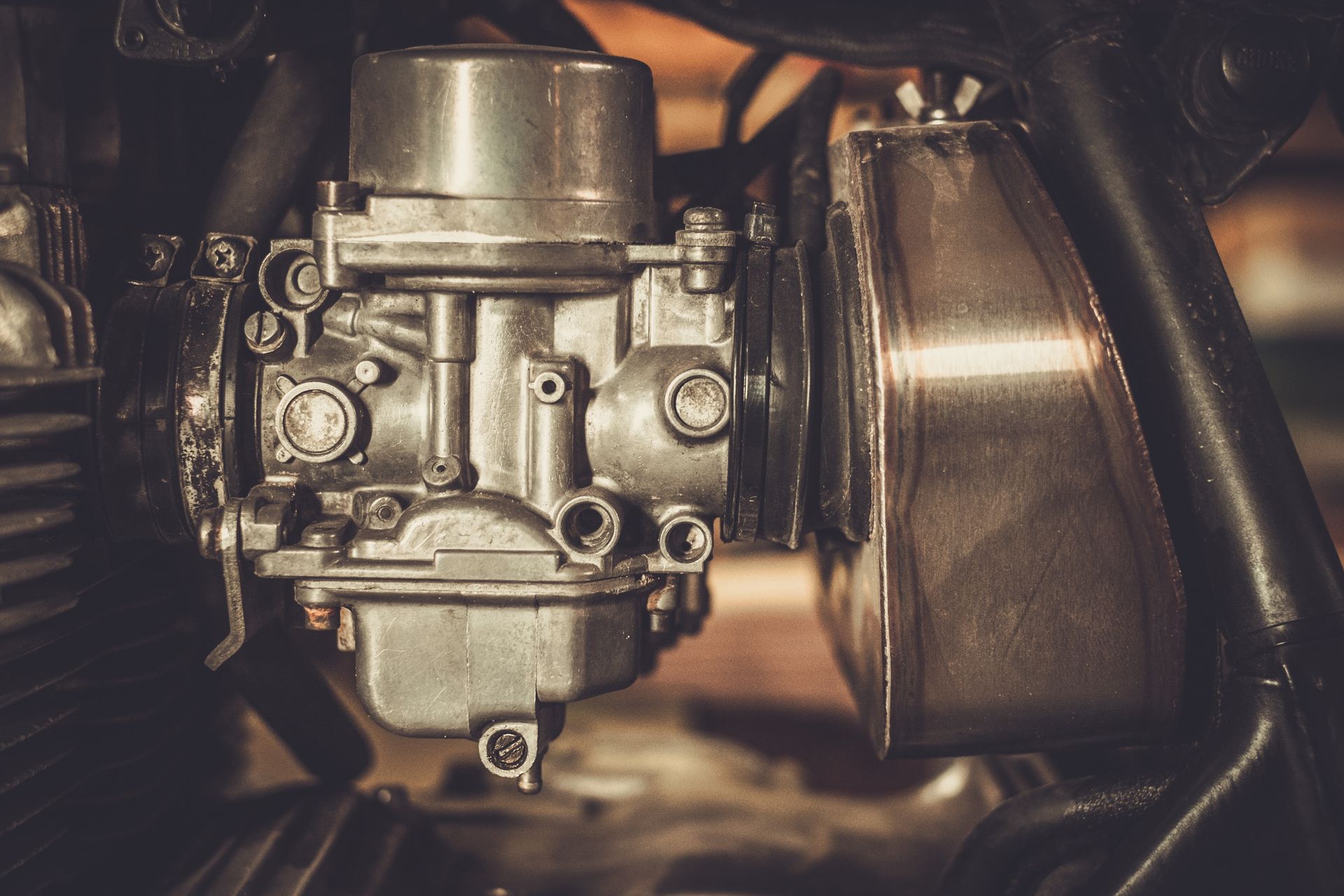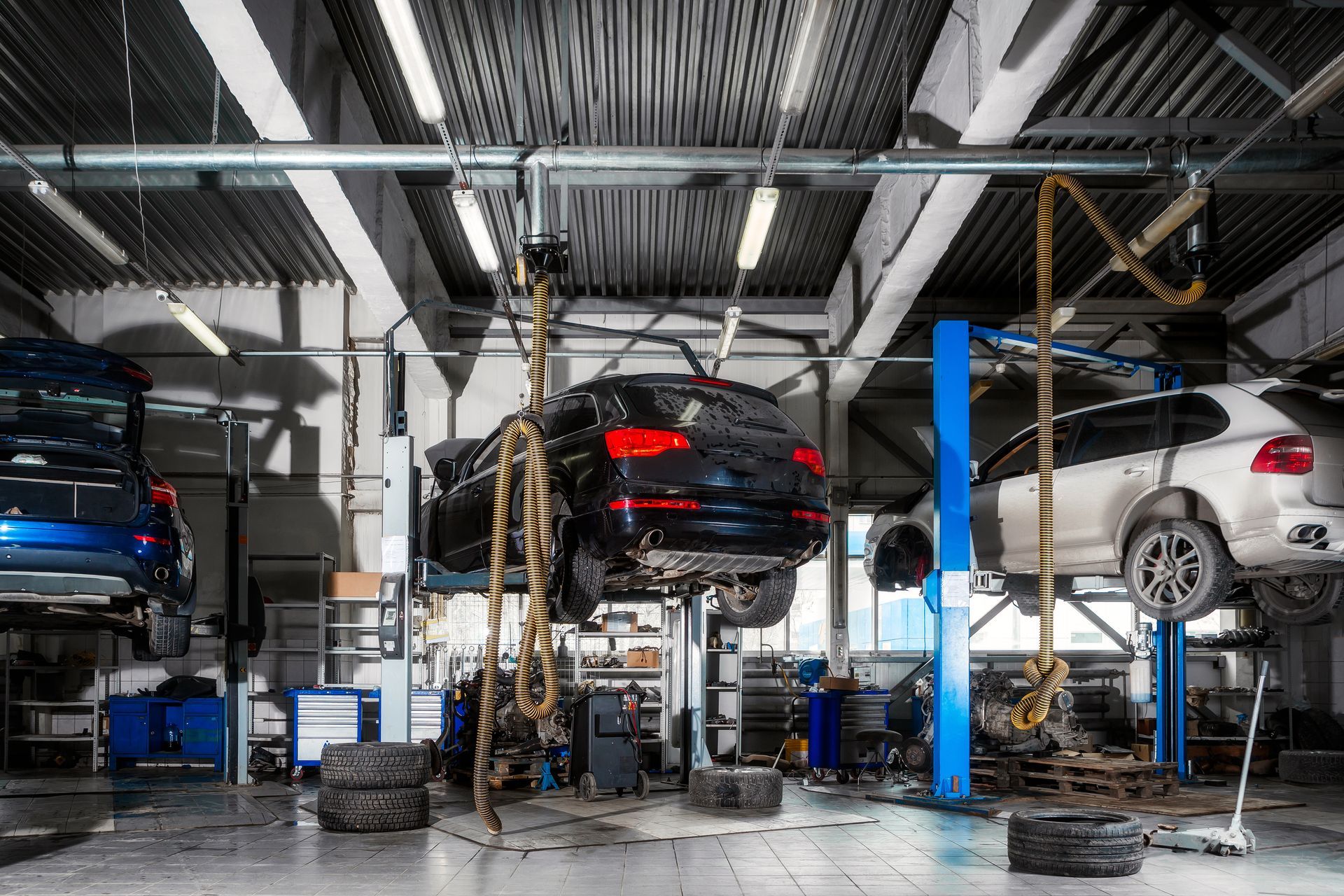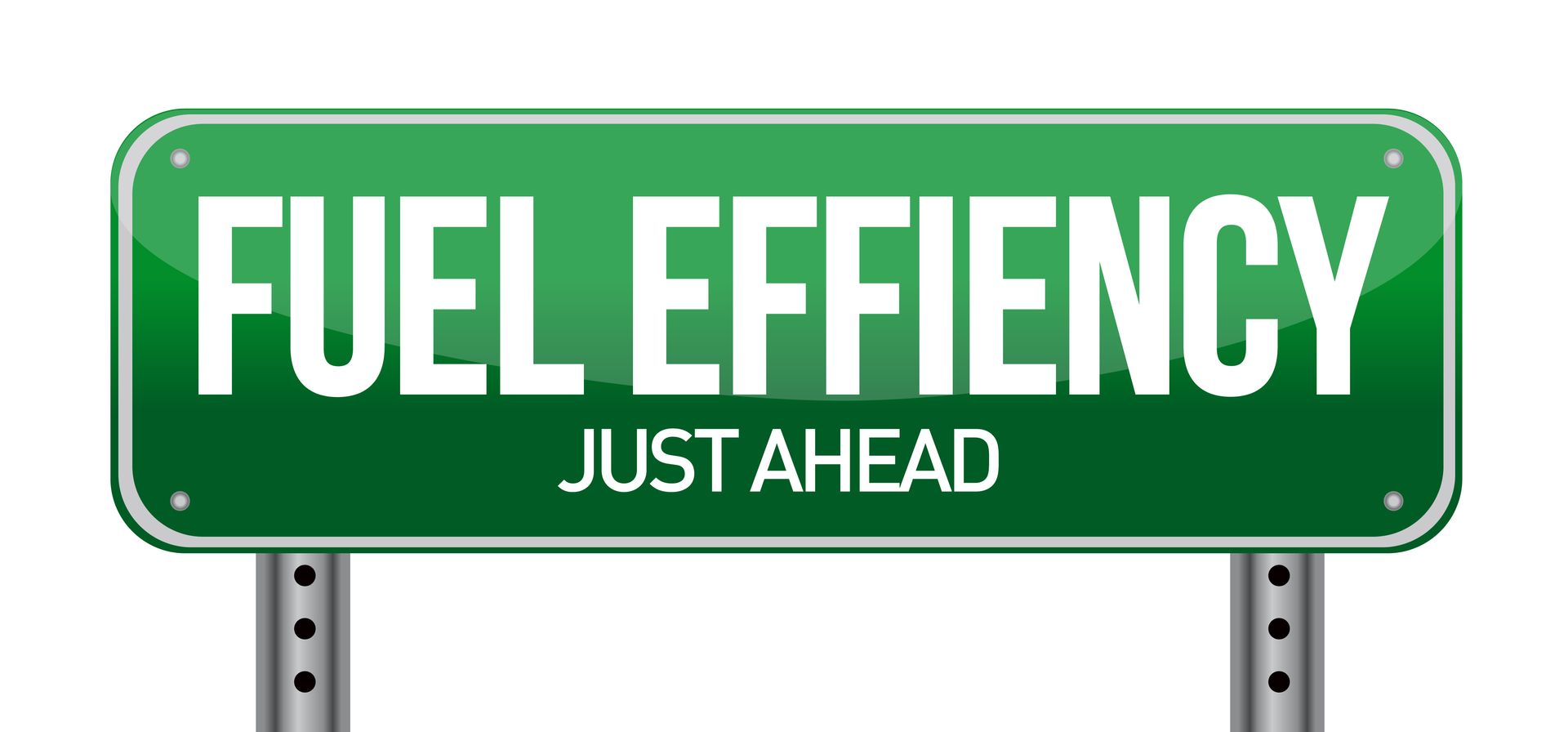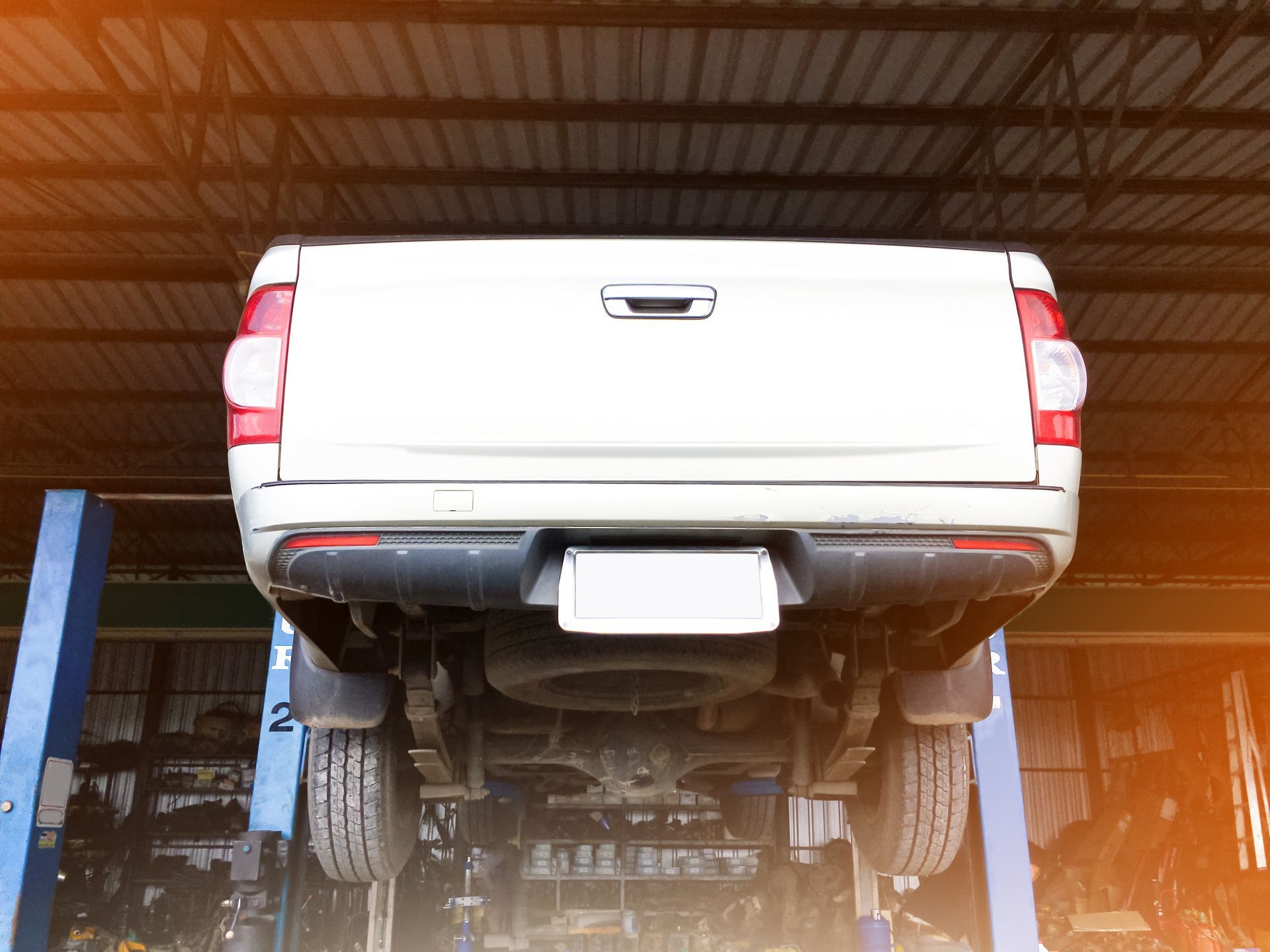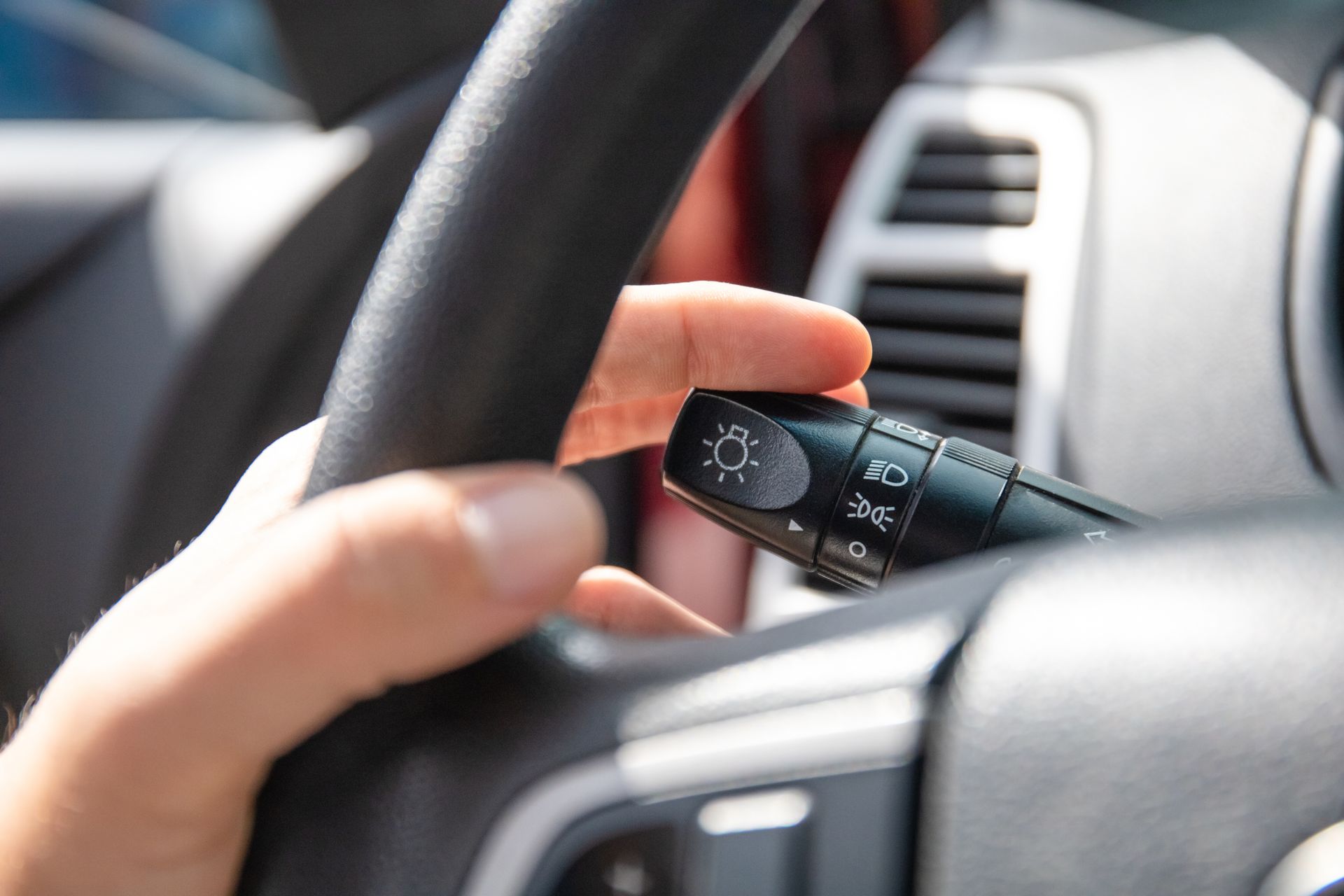Celebrating 35 Years of Serving LA Drivers!
Loading ...
Missing business hours data / Error occurred while getting the data.
Celebrating 35 Years of Serving LA Drivers!
Loading ...
Missing business hours data / Error occurred while getting the data.
Myths About Your Car's Cooling System You Need To Know
February 29, 2024
Your car's cooling system is a critical component that ensures the engine operates within the right temperature range. Unfortunately, there are several myths surrounding its maintenance and functionality. The truth behind these myths is key to keeping your vehicle in top condition - some of them are more serious than others, so keep on reading if you want to stay on the safe side.
Myth 1: Coolant Doesn't Need Regular Replacement
Contrary to popular belief, coolant loses its effectiveness over time. It's not just about the fluid level; the chemical composition changes, which can lead to corrosion and damage within the engine.
Look for discoloration or a rusty appearance in the coolant, which indicates it's time for a change.
Myth 2: Adding Water is Just as Good as Coolant
Coolant is specifically formulated to regulate engine temperature and prevent corrosion, unlike water.
Using only water can lead to overheating and freezing in extreme temperatures, damaging your engine.
How Often Should You Flush Your Cooling System?
Now, the question arises: "How often should the coolant be changed?" Some say that it should be done every 30,000-50,000 miles, others 2-5 years, but ultimately it depends. If you commute long distances with heavy traffic, consider more frequent changes. Less time on the road means less strain on the cooling system, but not neglect.
Myth 3: A Cooling System Leak is Always Visible
Many leaks are internal and not visible. A drop in coolant levels without visible leakage should prompt a professional check.
System checks can help identify and address leaks early. In some cases, fluid only leaks when the car is in motion, which is an important thing to keep in mind.
Myth 4: Overheating Only In Hot Weather
A common misconception is that cars overheat only in hot weather. In reality, overheating can occur year-round due to various factors like a malfunctioning cooling system or a blocked radiator - most of the time, it is due to bad engine oil.
Maintenance, maintenance, maintenance! We can't stress it enough. Regardless of the season, to prevent overheating and ensure your car runs smoothly.
3 Questions You Might Have (Q&A)
Q: What are the risks of using water instead of coolant in your car's cooling system?
A: Using water in place of coolant can significantly increase the risk of both overheating and freezing within the engine. Water alone cannot adequately regulate the engine's temperature, especially under extreme weather conditions. Moreover, water does not contain the anti-corrosive and lubricating properties of coolant, leading to faster wear and potential damage to the cooling system components.
Q: How can you identify a hidden leak in your cooling system?
A: Signs of a hidden coolant leak include a consistent drop in coolant levels, overheating engine, sweet-smelling vapor from the engine area, and using a pressure tester to detect leaks.
Q: Why is maintaining your cooling system even in colder months important?
Maintaining your cooling system in colder months is important to prevent engine problems. The coolant keeps the engine from freezing and ensures optimal temperature.
For all your vehicle's cooling system repairs or maintenance, as well as all other mechanical issues, contact One Stop Auto Care! We are one call away from giving your car the care it deserves.
Loading ...
Missing business hours data / Error occurred while getting the data.
Having Trouble Finding Us?
One Stop Auto Care, 4695 Eagle Rock Boulevard, Los Angeles, CA 90041 (323) 257-5876

